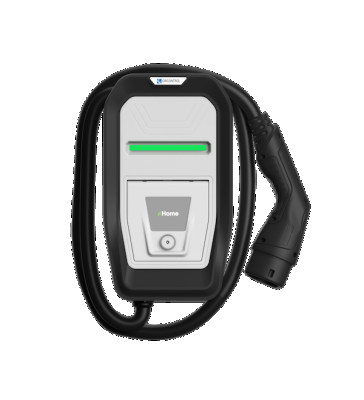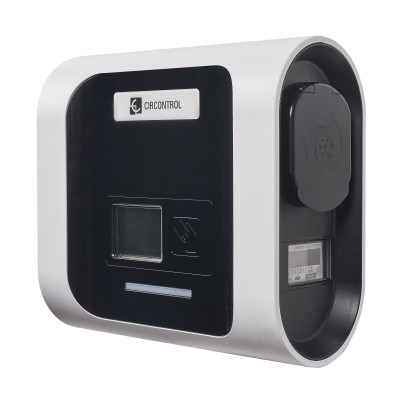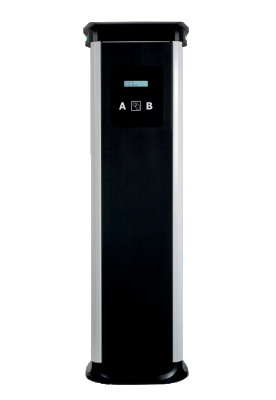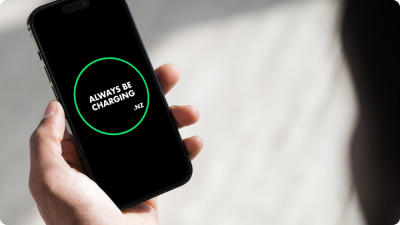

A total solution for smart EV charging
An extensive range of European designed and made products from Circontrol now available in New Zealand.
Enquire Now Download BrochureOur Products
Training & Services
FAQ’s
What is the difference between Mode 2, Mode 3, and Mode 4 Fast Charging for EVs?
Mode 2 charging uses a standard 10A household outlet and offers very slow charging, and generally not recommended as this method of charging can overheat the household wiring. Mode 3 charging uses up to 32A supply that is faster, requiring a dedicated EV charging station installation by a registered electrician. Mode 4 Charging uses up to 500A, that is the quickest, providing a significant charge in just minutes, ideal for on-the-go / inter-city travel needs.
Can I install an EV charger at home by myself?
It's recommended to have a certified electrician install your home EV charger, especially for Mode 3 chargers, as it involves high voltage electricity and may require upgrades to your electrical system.
Are all EV chargers compatible with every electric vehicle?
Most EVs are compatible with standard Type 2 charging stations for AC and CCS2 for DC charging stations, but it's important to check your vehicle’s specifications. Some Japanese brands have proprietary connectors such as Type 1 for AC charging and CHAdeMO for DC Fast Charging. We have local stock of Circontrol eHome with Type 2 as well as Type 1 cable and eNext and eVolve with Type 2 Socket that can take Type 2 to Type 2 or Type 2 to Type 1 charging cable.
How long does it take to fully charge an EV?
Charging time varies based on the charger level, EV’s battery capacity, temperature of the battery & other factors. Mode 2, 10A portable EV Charger can take over 24 to 48 hours (about 2 days), while Mode 3, 32A Single Phase typically charges an EV overnight while 32A Three Phase typically can take 3-4 hours. Mode 4 can charge up to 80% in about 30 minutes, depending on the vehicle.
Do EV chargers consume a lot of power and increase electricity bills significantly?
EV charging will increase your electricity usage, but the cost is generally lower than fueling a traditional car. Using a charger during off-peak hours or charging during the day with available solar power can further reduce costs.
Is it cheaper to charge an EV at home or at public charging stations?
It's generally a lot cheaper to charge at home, especially overnight when electricity rates are lower. Public charging stations, particularly fast chargers, may be more expensive due to the convenience, additional margin and charging speed they offer.
Is it safe to charge an EV in the rain?
Yes, it's generally safe to charge your EV in the rain. All Circontrol EV chargers and connectors are designed to be weather-resistant and suitable for outdoor installation and use.
Can I use a regular extension cord with my EV charger?
It's not recommended to use a standard extension cord for EV charging.
How do I maintain my EV charger?
Regularly check for any physical damage, ensure the charging port and cable are clean, and consult your charger's manual for specific maintenance guidelines. Commercial EV Chargers are recommended to be inspected and maintained periodically for dust, debris and vandalism.
Does frequent charging degrade the EV battery faster?
Modern EV batteries are designed for frequent charging. However, consistently charging via Mode 4 or charging up to 100% and draining to 0% can accelerate wear. It's best to maintain a mid-range charge level when possible.





